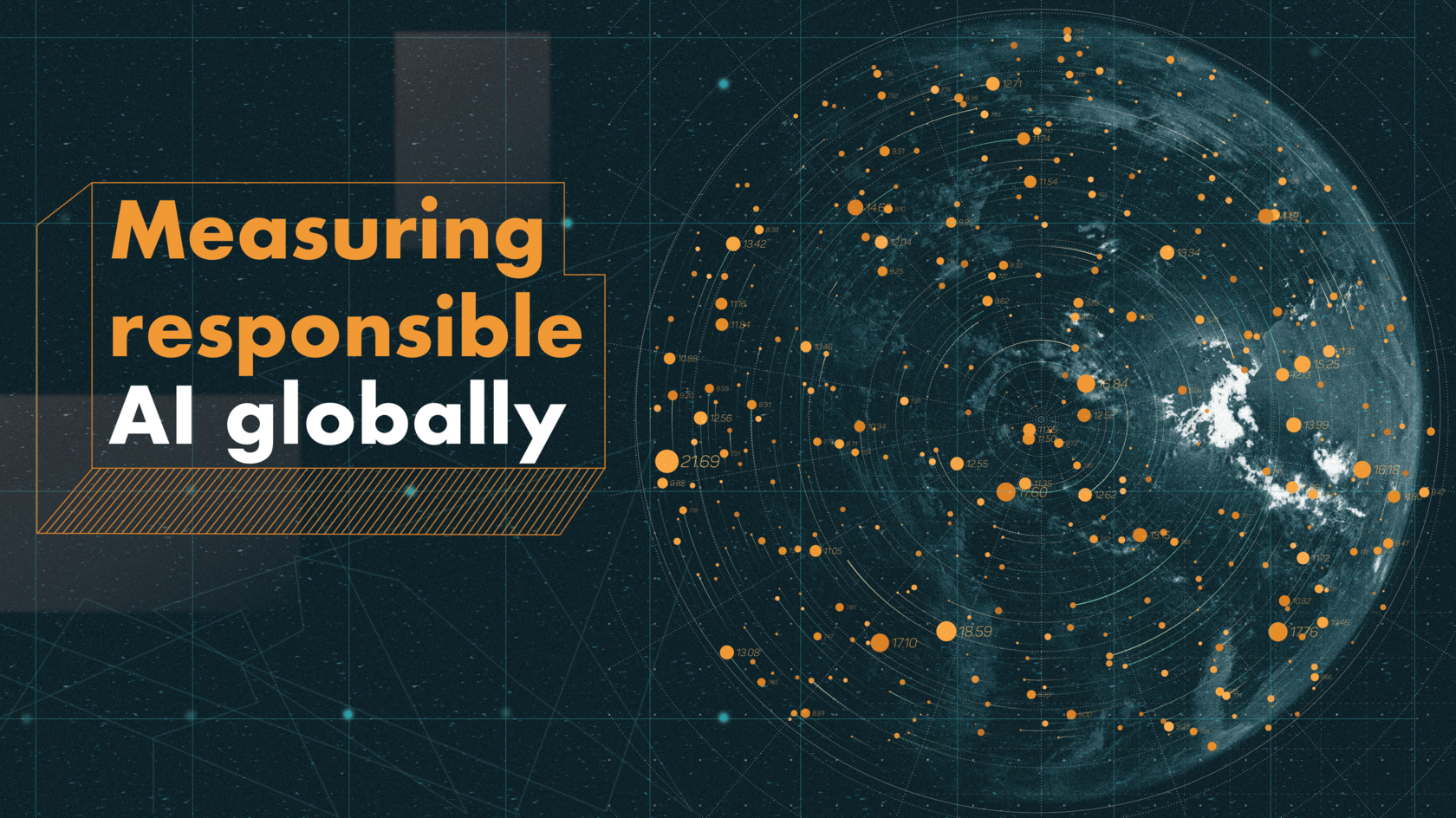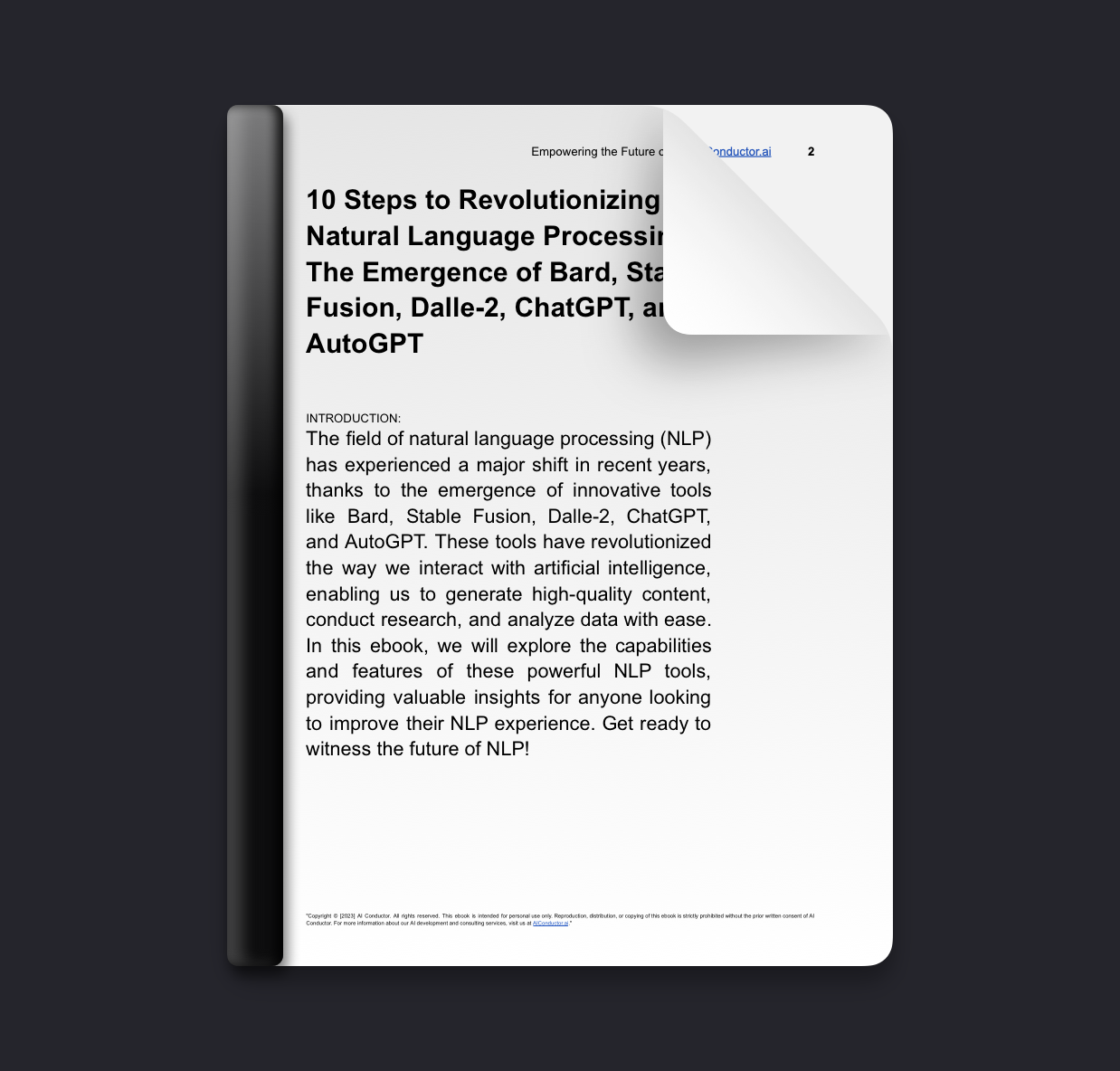We asked:
What are the potential risks of allowing Artificial Intelligence to operate without adequate global oversight?

The Gist:
Artificial Intelligence (AI) is rapidly becoming an integral part of our lives, from the way we communicate to the way we interact with the world around us. As AI continues to evolve, it is essential that it is regulated and monitored in order to ensure that it is used responsibly and ethically. To achieve this, global governance of AI is needed to create a framework of rules and regulations that will protect citizens and ensure that AI is used for the benefit of all.
Can AI chatbots replace human conversation and make meaningful connections?

Decoded:
As the use of artificial intelligence (AI) grows more pervasive in our daily lives, so too must our capacity to understand it, regulate it, and ensure its safe use. Based on the article, “AI Desperately Needs Global Oversight” in Wired, we can’t ignore the sobering reality that AI needs a way to be securely monitored and regulated on an international scale.
But why is this necessary? First, AI has the potential to be incredibly powerful, processing data more effectively than even the most skilled human operators. With this potential, though, come pitfalls related to privacy and security. AI-powered services can put our valuable data in the hands of companies or governments in ways that are difficult to predict or control.
Another concern is that AI can be used for malicious purposes, both on a large scale, such as with cyberattacks, and on a smaller scale, such as with surveillance or manipulation. AI-aided facial recognition systems, for example, are being used to automate the investigation and identification of people, leading to potential privacy and surveillance issues.
This is why the suggested global mandate to manage AI development is a crucial step. Such a system would need to be designed and implemented collaboratively, combining resources from both the public and private sector. It would also require funding to maintain the necessary information, research, and education efforts to make sure that AI is used responsibly and ethically both now and in the future.
At the same time, such a system would need to develop ways to ensure transparency and protect human autonomy and rights. Mechanisms for reporting and expertise networks should be established to ensure that people know how the system works and that their actions and data are being safely and properly managed.
Finally, it’s important to recognize that AI is still in its early stages. It’ll require more ongoing analysis and evaluation to monitor its progress and make sure that proper safeguards are in place to protect us all. Thus, a collaborative and globally oriented approach is essential to building an AI system that’s safe, secure, and equitable.
In short, having a cohesive and well-thought-out structure in place to regulate the development and use of AI could potentially transform this technology’s role in our lives. This type of global oversight will not only help ensure the ethical and responsible use of AI, but also promote its development and create a better future for all.
But why is this necessary? First, AI has the potential to be incredibly powerful, processing data more effectively than even the most skilled human operators. With this potential, though, come pitfalls related to privacy and security. AI-powered services can put our valuable data in the hands of companies or governments in ways that are difficult to predict or control.
Another concern is that AI can be used for malicious purposes, both on a large scale, such as with cyberattacks, and on a smaller scale, such as with surveillance or manipulation. AI-aided facial recognition systems, for example, are being used to automate the investigation and identification of people, leading to potential privacy and surveillance issues.
This is why the suggested global mandate to manage AI development is a crucial step. Such a system would need to be designed and implemented collaboratively, combining resources from both the public and private sector. It would also require funding to maintain the necessary information, research, and education efforts to make sure that AI is used responsibly and ethically both now and in the future.
At the same time, such a system would need to develop ways to ensure transparency and protect human autonomy and rights. Mechanisms for reporting and expertise networks should be established to ensure that people know how the system works and that their actions and data are being safely and properly managed.
Finally, it’s important to recognize that AI is still in its early stages. It’ll require more ongoing analysis and evaluation to monitor its progress and make sure that proper safeguards are in place to protect us all. Thus, a collaborative and globally oriented approach is essential to building an AI system that’s safe, secure, and equitable.
In short, having a cohesive and well-thought-out structure in place to regulate the development and use of AI could potentially transform this technology’s role in our lives. This type of global oversight will not only help ensure the ethical and responsible use of AI, but also promote its development and create a better future for all.

Essential Insights:
Three-Word Highlights
AI, Governance, Regulation
Winners & Losers:
Pros:
1. AI can help automate mundane tasks, freeing up time for more creative pursuits.
2. AI can provide more accurate, data-driven decision making.
3. AI can help to identify and address potential problems before they become critical.
Cons:
1. AI can be biased and perpetuate existing social inequalities.
2. AI can be used to manipulate people and spread false information.
3. AI can be used for malicious purposes, such as cyber-attacks and data theft.
Bottom Line:
The bottom line is that AI has the potential to cause significant harm if it is not properly regulated and monitored, and it is essential that a global framework is established to ensure its safe use.
Ref.
Join The Conversation!





